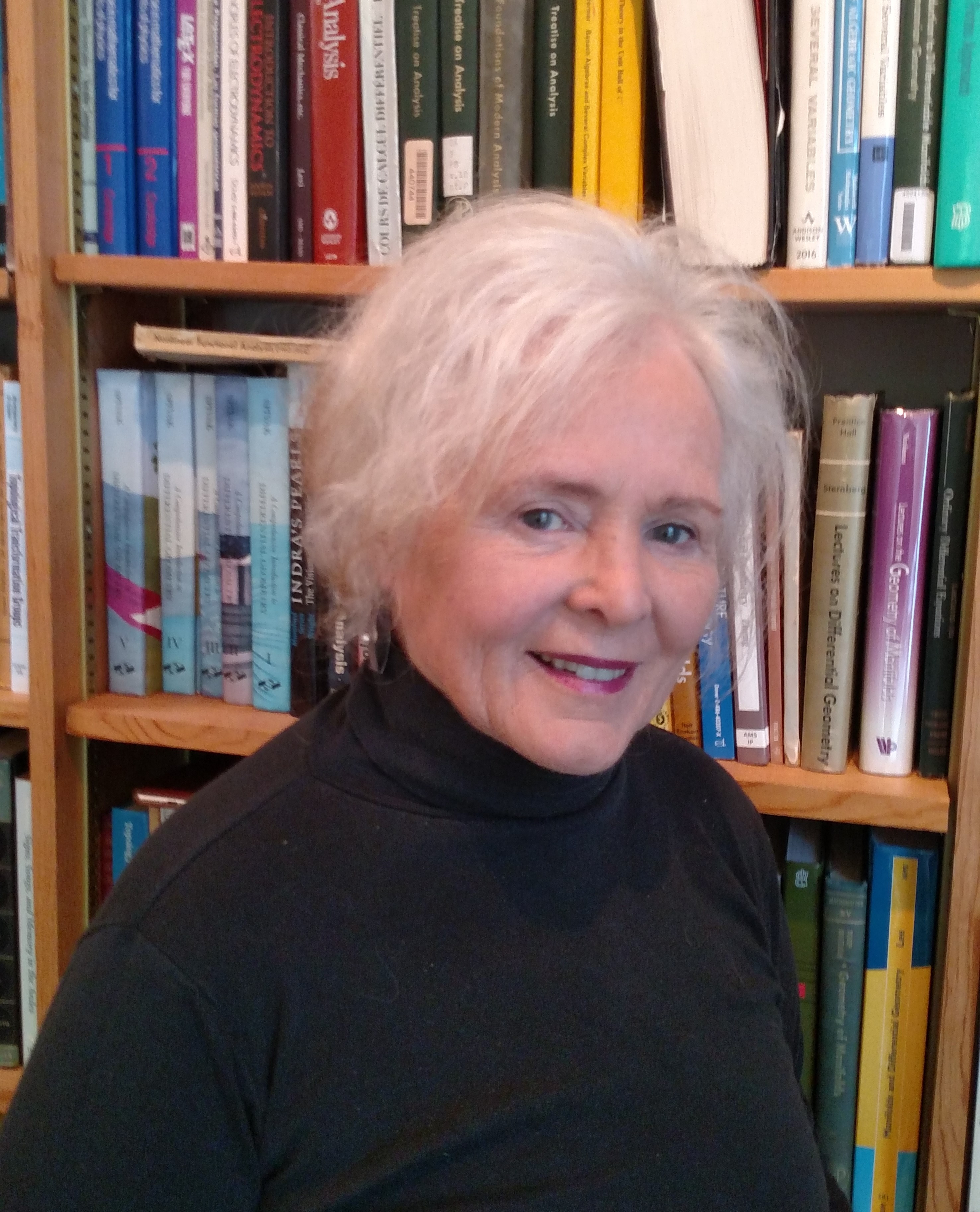Regina Harrison

Professor Emerita, School of Languages, Literatures, and Cultures
Professor Emerita, Spanish and Portuguese
Research Expertise
American
Andean Studies
Comparative Literature
Documentary
Film Studies and Cultural Studies
Indigenous Studies
Regina Harrison's scholarship combines the disciplines of anthropology and literature, as reflected in her Ph.D. from the University of Illinois, Urbana-Champaign. Her book Signs, Songs, and Memory in the Andes: Translating Quechua Language and Culture (University of Texas, 1989) received the first Katherine Singer Kovacs Book Prize from the Modern Language Association in 1991, and was also awarded prizes from the Latin American Studies Association and the New England Council of Latin American Studies. A Professor in Spanish/SLLC and Comparative Literature/English, and an affiliate Professor in Anthropology, Harrison taught Quechua, the language spoken by the Incas, as well as courses of Latin American film and literature. Her third book, Entre el tronar épico y el llanto elegíaco (Quito, Ecuador; 1997), analyzes the use of the inidgenous symbol in poetry as Ecuador "negotiates nation" in the 19th and 20th centuries.Her first video, Cashing in on Culture: Indigenous Communities and Tourism (2002), is a collaboration with indigenous Ecuadorians who comment on tourism, the economic benefits, and the downside of cultural assimilation. Mined to Death--a DVD she filmed and produced with Quechua-speaking miners from Potosí, Bolivia-- was awarded the Latin American Studies Association “Award of Merit in Film” in 2007. Research with Quichua indigenous communities’ and their reaction to the ‘dollarization’ of Ecuadorian currency resulted in her video, Gringo Kullki (2015).With fellowship funding from the John Simon Guggenheim Foundation, Harrison analyzed confession manuals written in Spanish and Quechua to determine "semantic' conversions for her most recent book, Sin and Confession In Colonial Peru (University of Texas Press, 2014), winner of the Bainton Prize in History, Sixteenth Century Society. She served as a Peace Corps volunteer in the Galápagos Islands, Ecuador, and later lived with indigenous communities in the tropical forest and the Andes. Her research has been sponsored by the Guggenheim Foundation, University research awards, S.S.R.C., A.C.L.S., Rockefeller, Fulbright, N.E.H., and the Mellon Foundation. She has been a Visiting Faculty member at the Universidad Andina Simón Bolívar (Quito, Ecuador) and in the Centro de Estudios Regionalistas Andinos Bartolomé de Las Casas (Cusco, Peru).

